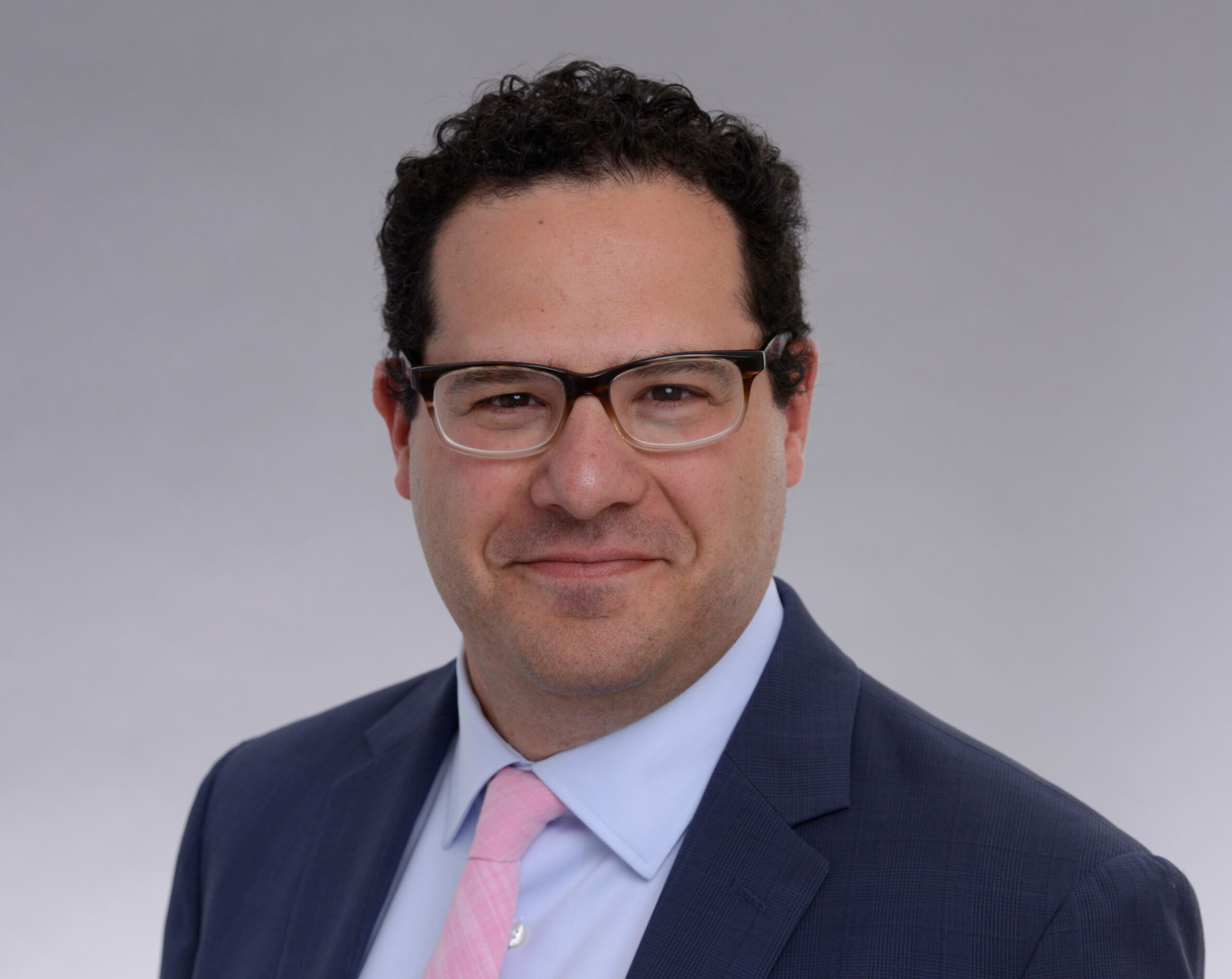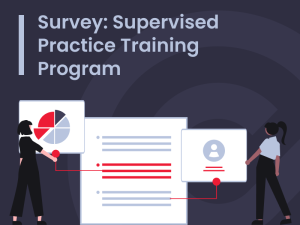CPATA’s new By-laws came into effect on May 1, 2023, with updates that enhance CPATA’s ability to independently regulate in the public interest. They include an increase to licensing fees for practising Class 1 and Class 2 patent and trademark agents starting in 2024. There have been concerns raised about the decision to increase fees and the process undertaken by CPATA, so I want to take a moment to address them.
The decision to increase fees was not made lightly by the Board. The financial trends that we witnessed in the first 18 months, beyond start-up costs, clearly indicated that current annual revenues would be insufficient to sustain all the elements of professional regulation required of the College by the government through the CPATA Act. Regulators generally have limited means to increase revenue other than through licensing fees. We know that fee increases directly impact patent agents and trademark agents. This was an important consideration for CPATA.
That being said, a fee increase was necessary. When the government of Canada created CPATA as an independent regulator, it entrusted the College with the broad mandate of regulating patent agents and trademark agents in the public interest. As a result of this mandate, CPATA is responsible for far more than what IPIC and CIPO jointly managed before the creation of CPATA. CPATA oversees all aspects of regulating the profession, including setting patent and trademark competencies, developing and administering defensible exams and entry-to-practice requirements, managing the Public Register, overseeing continuing professional development, and enacting and administering a complaints and discipline system.
CPATA began planning and operations in 2020 without start-up funding and relied on a $884,000 bank loan to pay for expenses incurred during this time, which was fully paid off in the fall of 2021. Since inception, the College has operated as leanly as possible. For example, we only have six full-time staff. We do not have physical offices and instead work remotely from our homes. Board and Committee meetings are almost all held virtually.
Although our budget for 2024 has not yet been finalized, CPATA is already forecasting that its expense budget will need to increase from $2.3M in 2023. We expect that with the need to invest in programs, expenses will increase to the $2.7-$2.9M range, excluding amounts for building reserves. Increased costs are based on several factors, including continuing to build the regulatory foundations, budgeting for complaints and potential investigations of unauthorized practices, and building reserves to manage risks in a financially prudent manner. We expect that, save for potential professional responsibility matters, general operating costs will stabilize in the coming year, and that CPATA will be able to forecast and release multi-year budgets starting in 2025.
Key initiatives, such as developing a policy framework for patent agent and trademark agent continuing professional development requirements, considering additional pathways to licensure, and building an annual licensee report to gather data to continue evidence-based regulation, are important and significant regulatory initiatives.
We must be prepared for the possibility, and reasonably expect that costs associated with complaints, investigations and discipline will increase as CPATA begins to receive and investigate complaints and hold proceedings when necessary. We are currently planning for an additional $100,000 for complaints and discipline starting in 2024. We have also started to receive information regarding alleged unauthorized practice and must be prepared in case we need to take steps, including seeking injunctive relief, should consumers suffer harm.
Financially prudent regulators must also set aside funds to build reserves, both an operating reserve and a discipline reserve. We currently do not have any established reserves in place and must start to build them. CPATA’s Net Assets are $304,883, as reported on our December 31, 2022 Statement of Financial Position. However, to the extent that they could be treated as a reserve, these funds would not cover two months of CPATA’s operating costs or a single major discipline proceeding. While CPATA will be developing its reserve policy in due course, general best practice guidelines are to set operational reserves at three to six months’ expenses.
CPATA also needs to develop regulatory reserves to be able to respond to extraordinary investigations, prosecutions, hearings, judicial reviews and possibly unauthorized practice matters to protect the public whenever they may arise. A single major case can cost hundreds of thousands of dollars. While we are a small regulator, which helps reduce the likelihood of such cases occurring, we still must be prepared and properly resources to respond at any time.
There are also certain built-in costs to being a federal professional regulator. Like other regulators, our Board and Committee members, and other subject matter expert working groups, are compensated for their work. There are also certain compliance costs and nuances that accompany being a federal regulator. We must provide all our services in both English and French, as they should be. We are also subject to the Privacy Act and other federal legislation. We must report annually to Parliament.
Although the Board is authorized to make By-laws under the CPATA Act, we are not solely in control of the drafting or publication schedule for our By-laws; we must work collaboratively with the Government of Canada’s Department of Justice when amending them. We cannot change By-laws without first returning to the Government of Canada. We cannot, for example, amend the By-laws ourselves to make housekeeping changes, or to change fees to address a significant cost issue. Notably, we also are not authorized to levy fees in the case of extraordinary expenses, so responsible fiscal management requires us to build reserves now rather than seek to pass extraordinary costs along after the fact when they arise.
It is against this backdrop that we needed to consider CPATA’s financial plans. Faced with the knowledge that revenues are insufficient given CPATA’s statutory mandate, the Board made the difficult decision to raise fees following careful, strategic, and fact-based deliberations. Since the profession is currently stagnant, CPATA expects that, with the new categories of licence coming into effect, some licensees may choose to focus on professional activities outside of patent and trademark work and make the switch to Class 4 inactive.
Some have raised concerns about a lack of consultation in advance of making this decision. Professional regulators generally do not consult licensees about fee increases, in part because it is a given that those who are regulated do not want to pay higher licensing fees. That is rational and understandable. It is a tension between all regulators and those they regulate. We have worked hard to balance the impact on the profession with CPATA’s full statutory mandate, and related funding requirements. CPATA provided practising Class 1 and Class 2 licensees with almost one year’s notice prior to the fee increase coming into effect, to help licensees plan to absorb these new costs. We have also shared the rationale for the increase through our FAQs.
We are at a transitional moment in the history of patent agent and trademark agent work in Canada. The shift to becoming a regulated profession is a process with growth and pain points for licensees, IP stakeholders and CPATA. We are confident that this transformation will result in a strong patent agent and trademark agent profession, with an excellent reputation for providing competent and ethical services to the public and contributing to Canada’s IP ecosystem.
We will have more to say about the fee increase and CPATA’s finances, CPATA’s work to date and future directions at our AGM on May 25th, and I invite you to register to attend online or in person.
I look forward to travelling the path ahead with you, and hope to see you on May 25th.
Kind regards,
Juda






